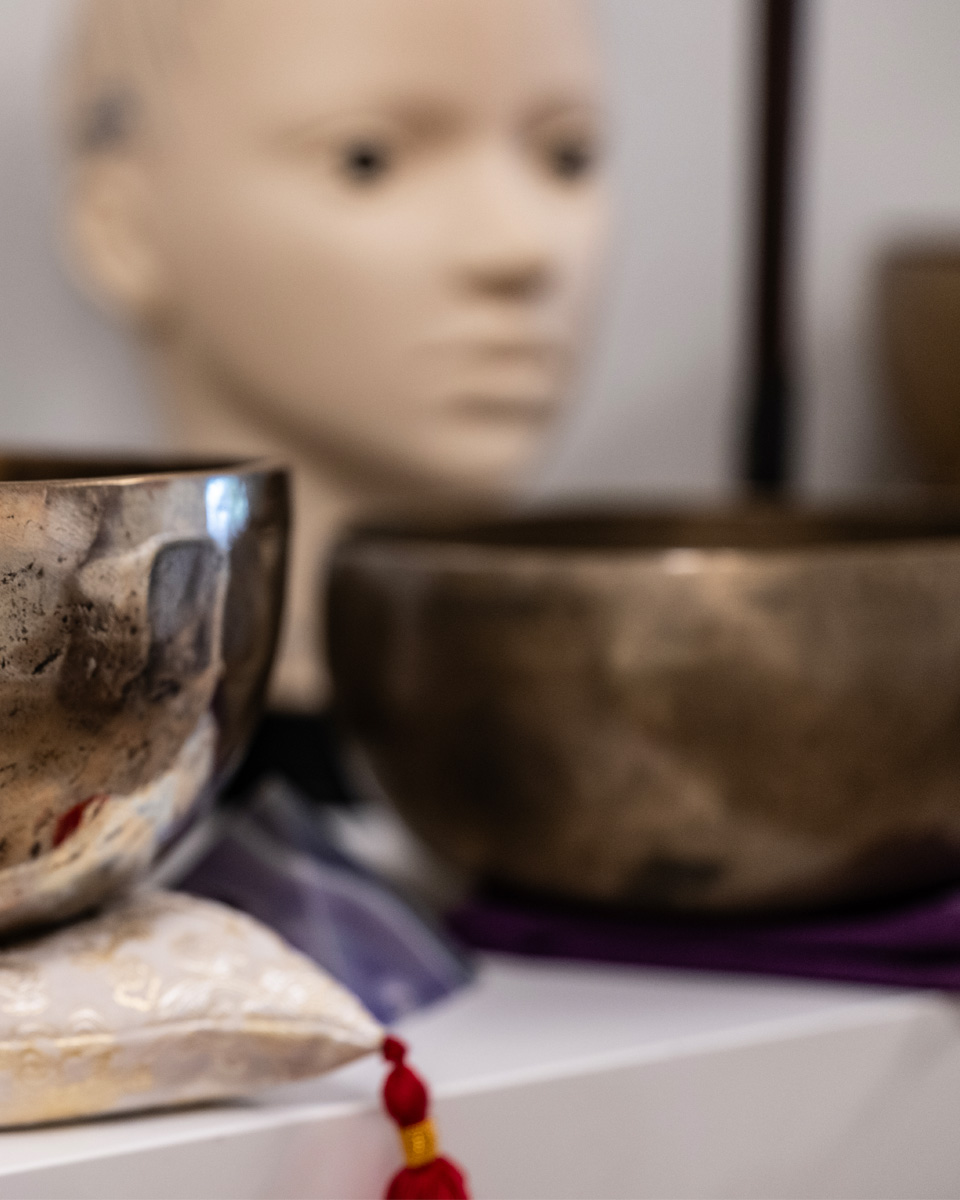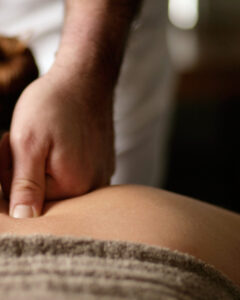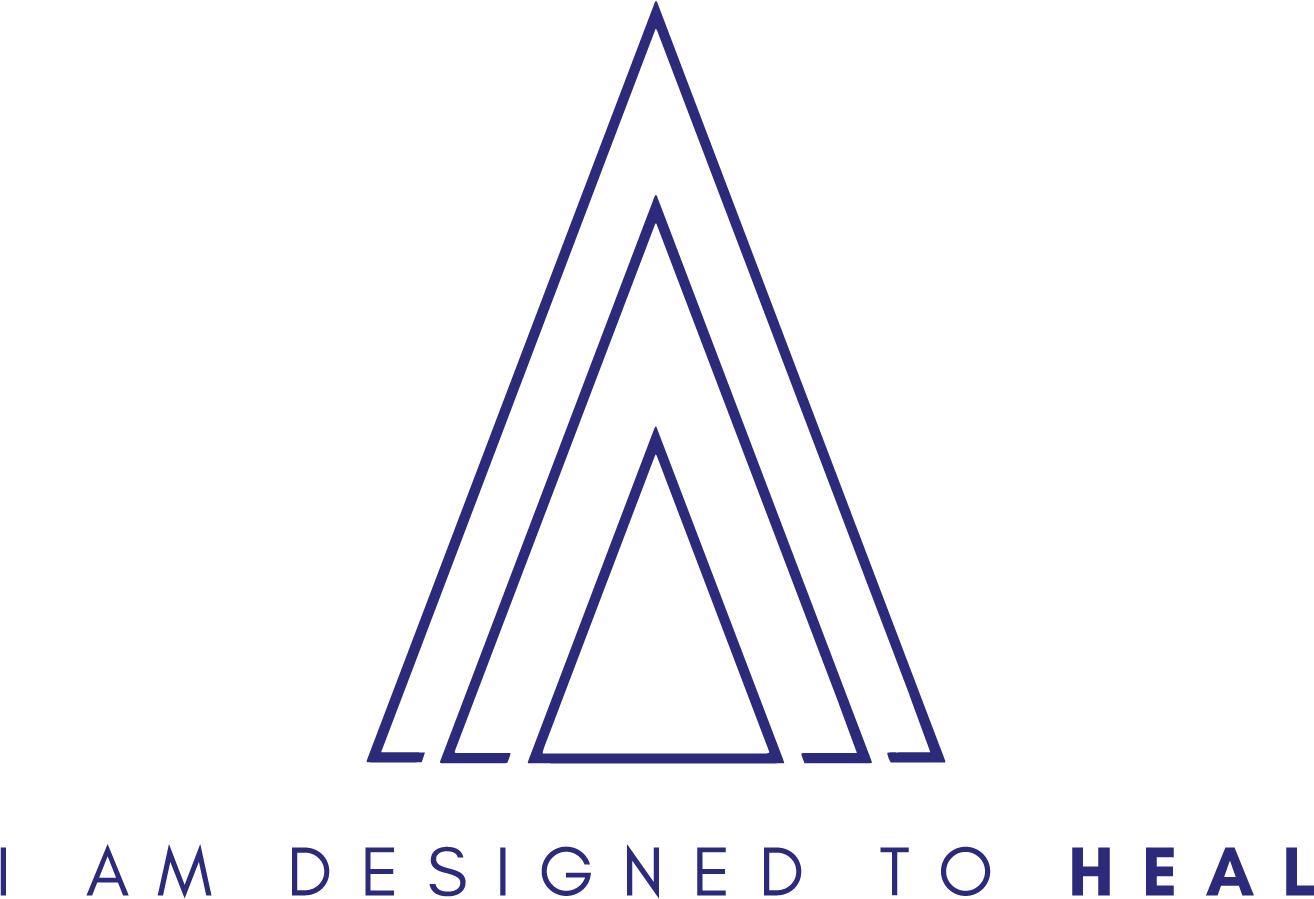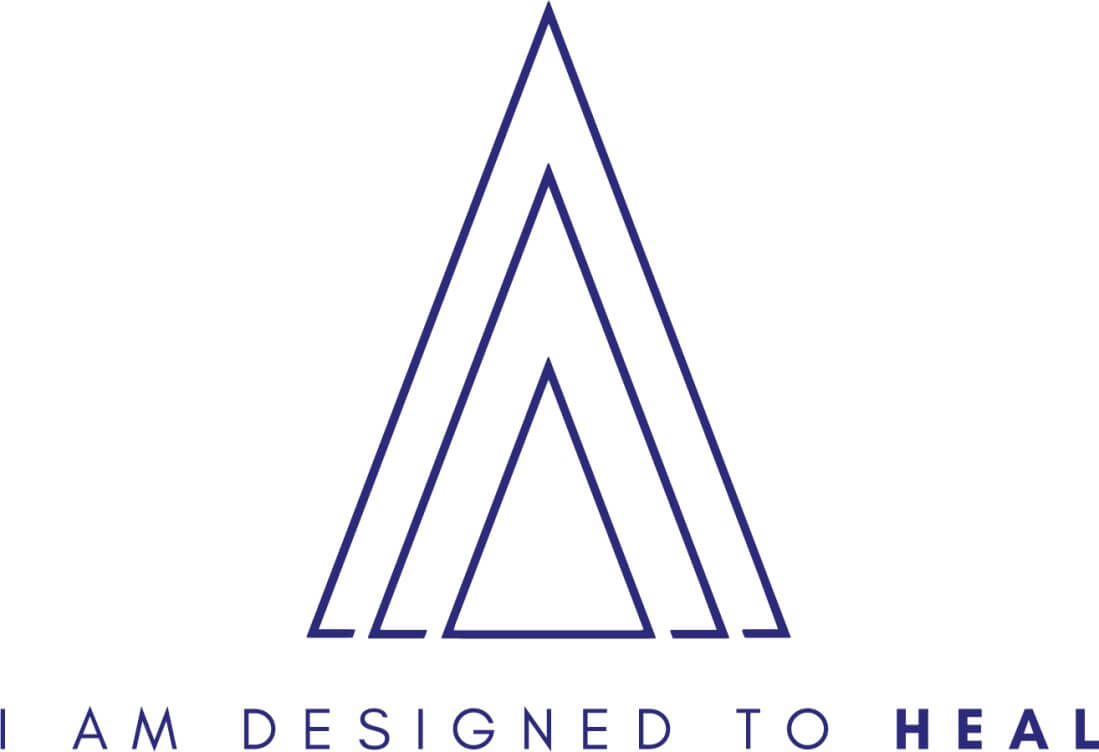
06 Oct How Acupuncture and Tui Na Can Help Balance Emotions and Boost Mental Health
In our busy lives, keeping emotional balance and mental well-being can sometimes feel like a juggling act. Many people are turning to holistic practices like acupuncture and Tui Na to help manage their emotional health and mental clarity. Rooted in Traditional Chinese Medicine (TCM), these practices focus on balancing the body’s energy and restoring harmony, which can have a profound effect on emotional resilience and mental well-being. Let’s explore how acupuncture and Tui Na work, and how they may offer powerful support for balanced emotions and mental health.
Understanding Acupuncture and Tui Na
Acupuncture involves the gentle insertion of thin needles at specific points on the body, known as acupoints, which are thought to regulate the flow of energy, or “qi.” When this energy flows freely, it contributes to a balanced physical and emotional state. Blockages or imbalances in qi, however, can lead to both physical discomfort and emotional distress.
Studies have found that acupuncture can help regulate neurotransmitters like serotonin and dopamine, which play a major role in our mood and mental well-beingnounced “twee-nah”) is a form of therapeutic massage and manipulation in TCM that works on meridians, or energy pathways, to restore harmony in the body. This practice not only relaxes muscles and joints but also targets emotional tension by clearing energetic blockages.
Tui Na offers a physical release that supports the emotional body, helping to reduce stress, improve mood, and build resilience. Together, acupuncture and Tui Na create a powerful, integrative approach to mental health support.
Benefits of Acupuncture and Tui Na for Emotional Balance and Mental Health
- Reduces Stress and Calms the Mind
Both acupuncture and Tui Na have calming effects on the nervous system. Acupuncture helps regulate the autonomic nervous system, which reduces our fight-or-flight response and increases parasympathetic activity, the part of our nervous system responsible for relaxation. Studies show that acupuncture can reduce cortisol levels, the hormone released during stress, bringing about a calmer, more balanced emotional state .
Tui Na simis relax the nervous system by releasing muscle tension and improving circulation. This relaxation effect can relieve physical and emotional stress, leaving people feeling more centered and able to respond calmly to life’s challenges.
- Improves Mood by Balancing Brain Chemistry
Both acupuncture and Tui Na may positively impact the brain’s chemistry. Acupuncture, for instance, has been shown to influence neurotransmitters like serotonin and dopamine, which are key in regulating mood. According to a study published in Medical Acupuncture, acupuncture can increase the release of endorphins, the body’s natural “feel-good” chemicals, helping to elevate mood and reduce anxiety .
When combined with Tui Na manipulations, which stimulate acupoints along meridians, these practices work synergistically to improve mood and help you feel emotionally balanced. This makes them a powerful tool for managing symptoms of depression and anxiety and for enhancing overall emotional well-being.
- Supports Better Sleep, Enhancing Mental Resilience
Getting good sleep is crucial for managing emotions and keeping a clear, calm mind. Acupuncture has been shown to improve sleep by helping the body produce melatonin, the hormone that regulates sleep cycles. A review published in Current Opinion in Psychiatry found acupuncture effective for treating insomnia, especially in individuals struggling with stress or emotional imbalance .
Tui Na also promotes relaxati make it easier to fall and stay asleep. By relieving tension in both the body and mind, Tui Na encourages deeper, more restful sleep, which in turn improves emotional resilience, focus, and mental clarity.
- Enhances Emotional Resilience by Clearing Energy Blockages
TCM teaches that emotions are tied to different organs: for instance, anger is linked to the liver, worry to the spleen, and sadness to the lungs. When emotions overwhelm us, they can disrupt the balance in these organs, leading to physical symptoms like digestive issues or fatigue. Acupuncture and Tui Na can help “clear” these emotional blockages, restoring the balance in the body and enhancing emotional resilience.
For example, a study from Medical Acupuncture noted that acupuncture could help reduce symptoms of emotional imbalance and improve emotional stability by regulating the hypothalamic-pituitary-adrenal (HPA) axis, which plays a central role in our stress response . By addressing both physical and emotional i Na and acupuncture provide a holistic pathway for strengthening mental resilience.
- Improves Mind-Body Awareness and Empowers Self-Care
One of the biggest benefits of acupuncture and Tui Na is their ability to increase mind-body awareness. Both treatments encourage you to tune into what your body is experiencing and where tension or discomfort may reside. This awareness can empower you to take proactive steps toward managing stress and emotions.
Tui Na especially offers a hands-on experience that helps people connect with the sensations in their bodies, building self-awareness and grounding. Over time, this heightened awareness can enhance your ability to manage emotions, set healthy boundaries, and create a self-care routine that truly supports mental wellness.
 What to Expect in a Session and How to Get Started
What to Expect in a Session and How to Get Started
If you’re curious about acupuncture and Tui Na, starting with an initial consultation at our Naples clinic is a great way to begin. Together, we will assess your unique health needs and recommend a treatment plan tailored to support emotional balance and mental health. During a session, expect gentle, calming techniques that will likely leave you feeling deeply relaxed and rejuvenated.
Both acupuncture and Tui Na work best with consistency, so regular sessions may be beneficial if you’re looking to experience longer-lasting effects. Each session builds upon the last, helping to restore balance and support your journey toward emotional health and resilience.
In Conclusion: Embrace the Benefits of Acupuncture and Tui Na for Mental Wellness
Emotional and mental well-being are essential to living a balanced, joyful life. Acupuncture and Tui Na offer natural, effective ways to support emotional health, reduce stress, and increase resilience. Whether you’re looking for relief from anxiety, mood enhancement, or just a better way to cope with daily stress, these TCM practices provide a path toward greater harmony.
For a natural approach to mental health, consider adding acupuncture and Tui Na to your wellness routine. With each session, you’re giving your body and mind the support they need to thrive.
References
- Langevin, H. M., Wayne, P. M., & Macpherson, H. (2011). Acupuncture research: strategies for strengthening the biological foundations. The Journal of Alternative and Complementary Medicine, 17(11), 859-866.
- Su, T., Pei, J., & Zhang, L. (2016). Regulation of the hypothalamic-pituitary-adrenal axis by acupuncture in the treatment of anxiety and stress-related disorders. Endocrinology, 157(11), 4086-4096.
- Wu, J., Li, Y., & Chang, X. (2018). Acupuncture reduces stress and promotes relaxation: A comprehensive review. Journal of Acupuncture and Meridian Studies, 11(5), 252-258.
- Kim, J. H., Lee, S. H., & Shin, B. C. (2015). Acupuncture and the hypothalamic-pituitary-adrenal axis: Effects on emotional health. Medical Acupuncture, 27(2), 104-110.
- Chung, K. F., Yeung, W. F., & Ho, F. Y. (2015). A review on the efficacy of acupuncture in treating insomnia. Current Opinion in Psychiatry, 28(4), 361-367.
- Karavidas, M. K., Zervas, I. M., & Paraskevaidis, I. S. (2016). A meta-analysis of acupuncture for treating anxiety disorders in comparison to cognitive behavioral therapy. The Journal of Alternative and Complementary Medicine, 22(5), 351-358.


